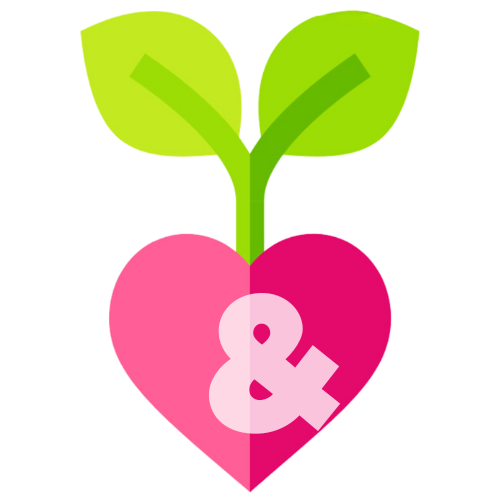Welcome back to Love and Vegetables! Today, we're exploring a unique and intriguing aspect of gardening: using urine as a form of communication with your plants. This practice, rooted in both science and spirituality, opens up a new way to connect with nature. Inspired by Carol Steinfeld's book "Liquid Gold: The Lore and Logic of Using Urine to Grow Plants," we'll delve into how this method can strengthen the bond between you and your garden.
The Science of Communication Through Nutrients
Plants and humans are part of a finely balanced ecosystem. By using urine as a fertilizer, you create a direct nutrient link with your plants. Urine contains essential elements like nitrogen, phosphorus, and potassium, which are critical for plant growth. Here’s how this nutrient exchange fosters a unique form of communication:
- Nutrient Signals: When you use urine, you provide your plants with specific nutrients that reflect your diet and health. In return, plants grow healthier and stronger, signaling their gratitude through lush foliage and abundant blooms.
- Growth Response: Plants respond to the nutrients in urine by growing more vigorously. This visible response is a form of feedback, showing that they are receiving the nourishment they need.
The Philosophical Perspective: A Reciprocal Relationship
Gardening with urine goes beyond the physical exchange of nutrients. It embodies a deeper, more philosophical connection between humans and plants:
- Symbiosis: This practice highlights the symbiotic relationship where both parties benefit. Plants receive essential nutrients from humans, and in turn, they provide food, oxygen, and beauty.
- Mindful Gardening: Using urine encourages a more mindful approach to gardening. You become more aware of what you consume and how it affects the plants you nurture.
- Cycle of Life: This method reinforces the natural cycle of life, where nothing goes to waste, and everything has a purpose.
Spiritual Connections: Communing with Nature
For many, gardening is a spiritual practice. Using urine as a fertilizer can enhance this experience by:
- Intentional Offering: Viewing urine as an intentional offering to your plants fosters a sense of reverence and respect for nature. This practice can become a ritual, deepening your connection to the earth.
- Personal Connection: The nutrients in your urine are uniquely yours, creating a personal bond with your plants. It’s like sharing a part of yourself with the garden.
- Harmonizing Energies: Some believe that the act of using urine can harmonize the energies between you and your plants, promoting overall well-being for both.
Practical Tips for Safe and Effective Use
To safely and effectively use urine as a communication tool with your plants, follow these guidelines:
- Dilution: Dilute urine with water at a ratio of 1:10 to prevent over-fertilization and potential harm to your plants.
- Application: Apply the diluted urine directly to the soil around your plants. This ensures that the nutrients reach the roots.
- Frequency: Use urine during the active growing season, and avoid over-application to maintain a healthy balance.
- Storage: Store urine for at least one month before use to reduce the risk of pathogens and ensure safety.
Testimonials: Real-Life Experiences
Many gardeners have discovered the joys of communicating with their plants through urine fertilization. Here are a few stories:
- Anna’s Herb Garden: "I started using diluted urine on my herbs, and they’ve never been healthier. It feels like I’m giving them a part of myself, and they’re thriving!"
- Tom’s Vegetable Patch: "This method has transformed my gardening experience. Seeing my plants respond so positively to something so natural is incredibly rewarding."
Scientific Insights
Research supports the use of urine as a fertilizer, highlighting its benefits for soil fertility and plant growth. Studies have shown that urine can effectively provide essential nutrients, making it a viable alternative to synthetic fertilizers.
Conclusion
Using urine as a fertilizer is more than a gardening technique; it's a way to communicate with your plants. This practice fosters a deeper connection with nature, promoting a symbiotic and mindful approach to gardening. By embracing this method, you can enhance your garden’s health and beauty while strengthening your bond with the natural world.
At Love and Vegetables, we believe in the power of nature and sustainable practices. We invite you to explore this unique form of communication with your plants and discover the profound benefits it can bring to your gardening experience.
For more tips on sustainable gardening and to shop our selection of organic seeds and gardening supplies, visit Love and Vegetables.







